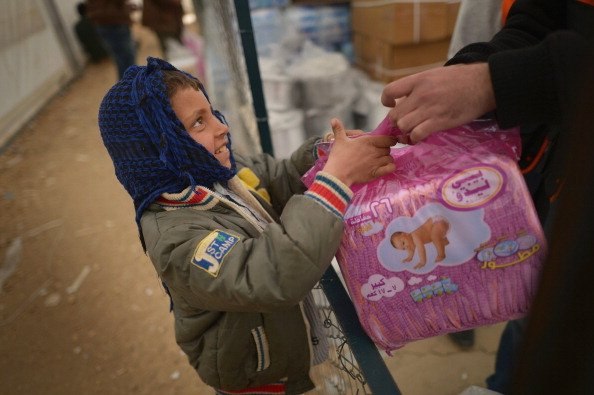
Send Medicine to Syria, not Guns or Soldiers
The British public is still widely opposed to sending our troops – or even weapons – to Syria
Reports of a deadly gas attack in Damascus this week have triggered some of the strongest indications yet that Western powers may take direct military action in the two and a half year-old Syrian conflict. P.M. David Cameron and U.S. President Barack Obama have threatened a “serious response” if allegations are proven true that the Syrian government, led by President Bashar Al-Assad, carried out the attacks, and already U.K. and U.S. military planners are reportedly looking at potential targets for missile strikes.
However, new YouGov research for the Sunday Times conducted after the latest chemical weapons incident shows that the public remains largely opposed to British military involvement of any kind.
77% of the British public support sending “food, medicine and other humanitarian supplies” to Syria. However, only 9% support sending British troops, while 74% oppose the action. Support is equally minor (10%) for sending full-scale military supplies or even small arms (16%) to the Anti-Assad troops.
Moreover, support for various possible actions in Syria has hardly changed over the past few months – and in some cases appears to have even deteriorated – amid mounting evidence that chemical weapons have been used repeatedly by the Syrian government and even possibly by rebel fighters. In May, 50% of Britons supported sending protective clothing, such as flak jackets and helmets, to the rebels and 28% opposed doing so; now support is at 41% and opposition at 33%.
The most recent survey supports findings in a YouGov survey from April, which suggested the use of chemical weapons in Syria would make little if any difference at all to the British public’s disinclination towards greater involvement.
Image: Getty